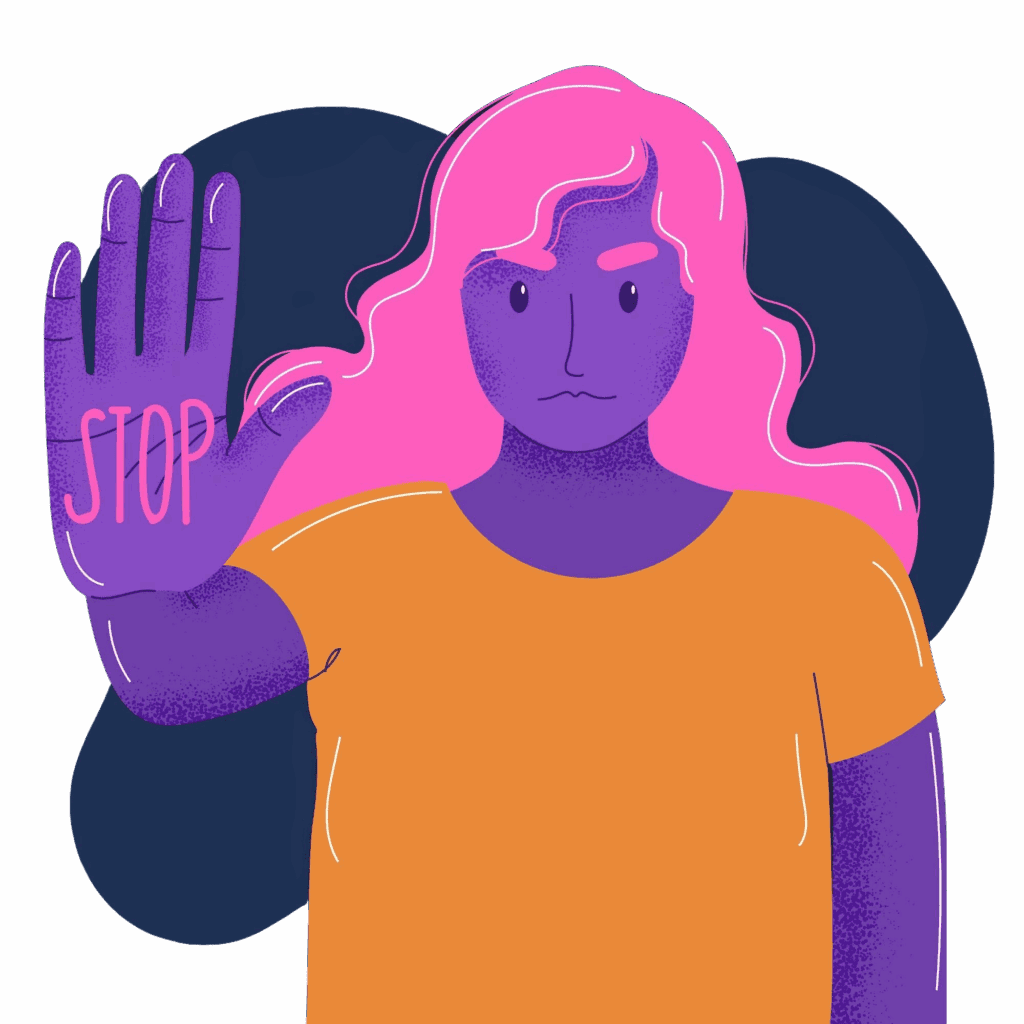
Teachers
Not villains. Not saviours. Participants in a system that rewards complicity and punishes dissent. Teachers hold immense influence in public education, and also operate under immense pressure. This tag collects writing that neither scapegoats nor sanctifies, but examines how teachers become agents of harm when they prioritise institutional loyalty over relational care—and what it takes to build a profession accountable to those most harmed.
-
Systemic grooming and the illusion of care
The Canary Collective has written Systemic grooming and the illusion of care, a piece that captures, with devastating precision, what many educators and parents have felt but could rarely name: the way institutional systems cultivate obedience through the slow corrosion of self-trust. It describes how loyalty becomes a leash, how “teamwork” becomes surveillance, and how…
-
25 ways AI can encourage critical thinking and make your classroom more accessible
Educators have spent the last two years debating whether artificial intelligence belongs in the classroom, as though it were still possible to close the door on the tidal shift already transforming how children read, write, and think. Large language models (LLMs) are not a novelty—they are a new infrastructure for thought, capable of flexing around…
-
What looks like a reward is often a repair
When a child returns from the office with gummy worms or a cartoon, it may look like a reward—but often, it is a repair. In a system built on scarcity, the smallest gesture of care is mistaken for indulgence. This essay reframes the narrative around “rewarding bad behaviour” to reveal what is actually happening beneath…
-
One-pager about collective punishment
If you are a teacher, a classroom assistant, a support worker, or even a school leader who still spends time in rooms with students, then you already understand how hard it is to manage a group when things begin to fall apart. You know the claustrophobic tension of a lesson unravelling before it begins. You…
-
15 red flags your child’s school is running the playbook on you
How to spot coercive proceduralism before it drains your energy, your trust, and your child’s future. You may have been advocating for your child for months—attending meetings, responding to emails, following every process they set out—yet the accommodations you discussed never seem to appear in the classroom. You might notice your child’s struggles at school…
-
Managing your class without collective punishment
In his article, Managing your class without collective punishment, educator Matthew Ebert acknowledges that even well-meaning teachers—himself included—sometimes resort to collective punishment out of frustration or exhaustion, despite its well-documented ineffectiveness. He frames those moments not as irredeemable failures but as crucial opportunities for modelling vulnerability, repair, and growth in front of students. The central…
-
On teachers, trust, and the long unravelling of support
When my children were in kindergarten, they had a teacher who specialised in what I can only describe as an extremely curated performance of niceness—a kind of plasticky, high-fructose charm that made my skin crawl and my muscles tense from the moment I entered the room. Her voice slowed to a sing-song drawl as she…






